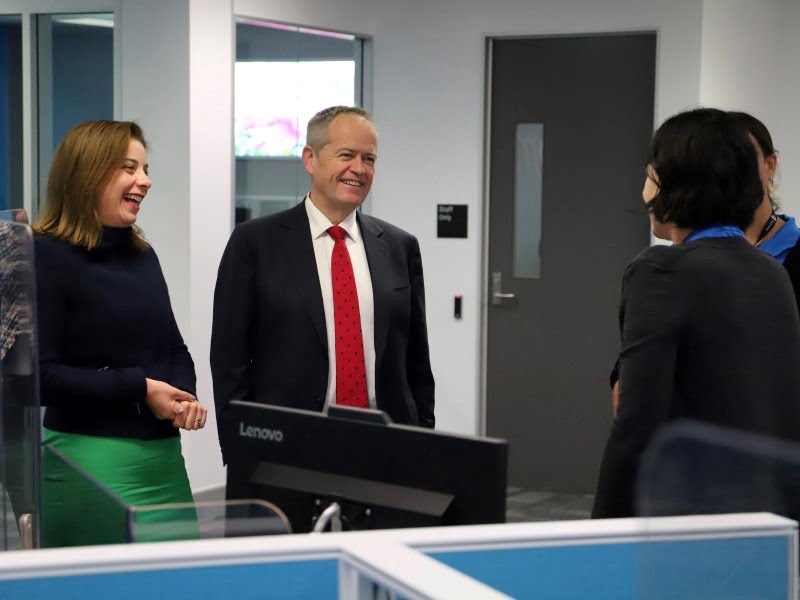Services minister Bill Shorten wants a new approach to his agencies’ policy design and implementation through a more capable public service that takes fewer leads from tech vendors and consultants.
In the wake of the Robodebt Royal Commission and a series of tech wrecks across government, Mr Shorten on Tuesday laid out the new approach and fired a broadside at “big tech” and “vendor-driven designs”.

“Greater investment in [Australian Public Service] capability will allow the autonomy to make our own well-informed decisions as opposed to only relying on vendor-driven designs that do not always serve us well,” Mr Shorten told the AFR Government Services Summit.
At the event, the minister revealed the government was scrapping the welfare benefits calculator that had ballooned from an $18 million proof of design to a $191 million blackhole with “nothing to show”.
A new approach led by a better equipped public service is needed to avoid repeats, Mr Shorten said.
“If we don’t have people who speak the language, who have the knowledge to know the benefits and limitations of a particular software program we can end up with our tech uptake being vendor-driven,” he said.
“And vendor-driven does not always equate to user-centric. Big tech can hold government departments hostage to long contracts that build complexity into customer service.
“I’ve heard it described as an archaeological dig to find the origins of some processes, there are so many layers.”
Mr Shorten also floated a “kitchen cabinet” of experts advising him and agencies like Services Australia on standards for the design and implementation of government services.
Ethical oversight would be embedded throughout, while services would be designed in collaboration with other agencies and departments with the “goals for the community and the economy” in mind before any technology is considered.
He pointed to a new “incubator” approach that has already seen the rapid development and validation testing of a new service to replace visits to a Justice of the Peace with a Digital ID.
The project has a “conservative” estimate of delivering a $150 million saving on a $2.5 million outlay, the Minister said.
The imperative for better government services is only growing, Mr Shorten said, with planned integration with the private sector through things like digital ID and the arrival of artificial intelligence – a “Promethean moment”.
“We need to have a proper conversation about the right time and place to apply it [AI].
“But one thing we do know when it comes to AI is that we can never risk it being designed or implemented in isolation from human considerations.”
Mr Shorten said better services will help rebuild trust in government more generally and is a vote winner with the public.
“You have the chance as government services leaders to be instrumental in turning around the perceptions of the bureaucracy,” Mr Shorten told the event attended by senior public servants.
“We need a strong public service that adheres to its Code of Conduct and puts the interests of the Australian people first with members who believe in the greater good [and] are not afraid to give frank and fearless advice.”
Do you know more? Contact James Riley via Email.

